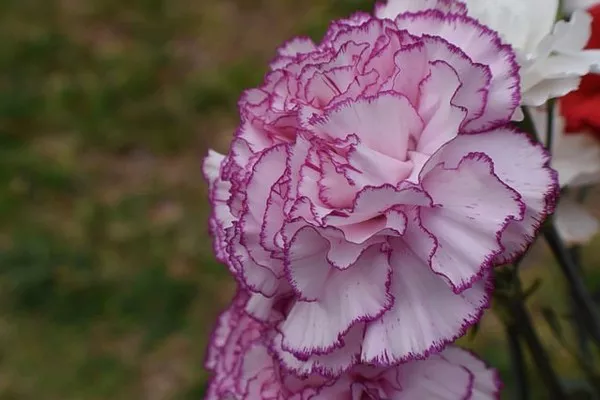Horticultural greenhouses, where a myriad of plants from peppers to roses flourish, exist as isolated biotopes, carefully shielded from potential threats. However, Frank van der Helm, the newly appointed associate lecturer of Living Plant Production Systems within the Integral Food and Production Chains research group, envisions a different future—a future where horticulture thrives within stable, biodiverse ecosystems for both food and flower production. In his own words, he aims to “bring life back into horticulture.”
Challenges and Opportunities
The horticulture industry is navigating turbulent waters, grappling with a host of international developments that challenge its existing economic model. Stricter regulations concerning plant protection products, nitrogen and phosphate emissions, and escalating energy costs present formidable hurdles for entrepreneurs. But Frank van der Helm, a horticulturist’s son himself, remains optimistic. He sees these challenges as opportunities to apply new knowledge and technology, encompassing high-tech applications like automation, robotization, and sensor techniques, as well as groundbreaking insights into plant resilience, ecosystems, molecular biology, and biochemical technology.
Towards Resilient Cultivation
As an associate lecturer, Frank van der Helm’s mission is to restore the ecological equilibrium within horticulture. He firmly believes that “a crop is a lot stronger if you grow it in an ecosystem with a great diversity of living organisms.” This philosophy aligns with the concept of resilient or organic growing, where the focus is on strengthening biodiversity and creating a balanced ecosystem that enhances crop health and production. It’s a departure from traditional monoculture approaches and is underpinned by a deep understanding of the interconnectedness of all life forms within a cultivation system.
Organic Cultivation: A Source of Inspiration
Although organic cultivation remains a niche in horticulture, Frank van der Helm finds it incredibly inspiring. By combining this knowledge and expertise with cutting-edge scientific insights and technology, he envisions designing living cultivation systems that mimic balanced ecosystems. Such a transformation could pave the way for a horticultural sector where growers simultaneously bolster biodiversity and profitability. Importantly, this shift could create opportunities for aspiring young entrepreneurs, breathing fresh life into the horticulture industry.
Research, Education, and Ecologisation
Frank van der Helm’s vision for the ecologisation of horticulture is anchored in research, education, and information dissemination. The research group is already engaged in various projects, including studies on soil biological quality and the utilization of circular fertilizers as alternatives to synthetic ones. Frank has also co-authored a project proposal focused on nature-inclusive horticulture, which he hopes will secure funding from NWO (Netherlands Organisation for Scientific Research).
Nurturing the Next Generation
Frank remains deeply committed to education and will continue to teach. He views education as a crucial remedy for the shortage of skilled horticultural professionals. Young professionals, he believes, will play a pivotal role in the industry’s ongoing transition. By imparting knowledge and insight, Frank aims to empower these future leaders to navigate the complexities of horticultural production systems, fostering resilience and sustainability.
Empowering Business Advisers
Frank recognizes the significance of business advisers who guide entrepreneurs in their decision-making processes. Equipping them with the fundamentals of resilient cultivation enables them to provide informed advice and steer the industry toward more sustainable practices.
The Synergy of Practical and Theoretical Knowledge
Working in higher vocational education allows Frank van der Helm to seamlessly integrate research, teaching, and practical application. The synergy between theory and practice is a hallmark of his approach, as it affords a profound understanding of horticultural production. This interconnectedness between academia and the industry forms the bedrock of his mission to cultivate resilience and breathe new life into horticulture—a mission that holds promise for a greener, more sustainable future.


